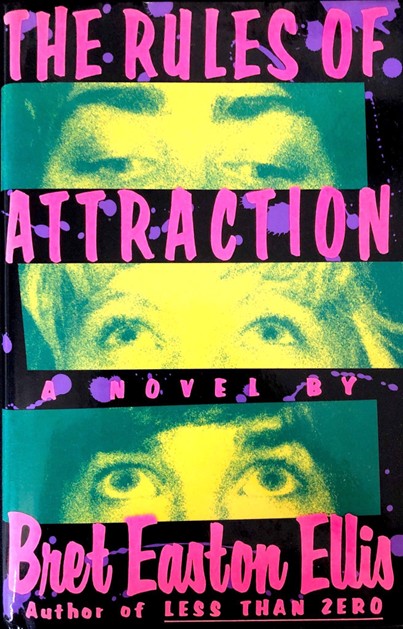Your stomach is double-knotting, your palms are clammy. Your nerves bang inside your skull. What did I get myself into? you think as you sit in this classroom for the first time. You are stuck somewhere between chatty and shitting bricks. It’s the first semester of your MFA, probably your biggest accomplishment to date, and the workload alone will smack your head like brass knuckles. It’s a three-year-commitment that no one you know has attempted before. Only one of your parents graduated high school. The other one’s not sure what a grad-level creative writing program is. They both assumed parole officers, court rooms and jail cells might be your future. A family tradition, your rites-of-passage. But then you changed, lost your leg, straightened out. Got your bachelor’s degree.
To make things harder, you’re a writer of color. You have no business being here. You don’t belong, not with these bustling “academics,” these privileged people at this institution for higher learning. No way. Are you kidding? Grad school is for rich kids, for intellectuals, not you. Engineers and scientists, brilliant minds. Not for some struggling Chicano who likes to read and write down stories and poems. What makes you think you can hang, like this is YOUR gig? Look around you. No one else comes from where you do. Sure, a few gente perhaps and a Nigerian writer, and one Native American poet/memoirist. But even a lot of the material you’re asked to read is old and classic white. You are assigned to read Claudia Rankine and Roxane Gay, but also Joyce and Orwell and someone named Polansky. And, a large portion of your cohort, the staff and faculty, your colleagues, your university, looks, even thinks, very white.
How can this be? you ponder. In New Mexico, where a majority of the people are of color. Why is that? Are there no intelligent people from your community? Where are the Native lawyers and Chicanas receiving business degrees? Or the Mexican American professors, for that matter. Yes, there are a few, you know. But this is freakin’ New Mexico you’re talking about here. And then, who actually graduates and completes their degree? Usually, not you, according to the numbers. You are some sort of anomaly. It’s a miracle you’ve made it this far. To an institution built in your backyard, for you but not really for you. So, you feel lucky to have an opportunity to better yourself. The pressure is on. Better not mess this up.
You meet a lot of smart people from other places, here to research and study your home. To analyze it, then turn around and write reports and articles on it, leaving out important details and facets of the story. While you? You must fight to be heard. You must claw, for every inch, to tell your own story in your own words. You must try harder than everyone else. You must give more than one-hundred percent just for your voice to exist here, drowned-out by the prestigious talking heads. Your story, your past, is gritty and real, like dirt in your teeth from the wind. You do not, cannot, write about luxury or the finer, lighter, things in life, although you wish you could. The jealousy you experience about this makes you want to scream. At no one in particular. Who would listen anyway? Besides, if you speak up, then you’re simply overreacting. You risk looking like “the angry one.” You’re just loud and unappreciative. But, of course you’re pissed. You work hard for the bread crumbs you scrounge, while some have access to the whole factory.
The divisiveness of everything makes you feel isolated and competitive, and you know you’re not the only writer of color who feels this way. After all, we expected more unity when we arrived here, more community, since that’s what we came from and now suddenly lack. You’re used to having family around: an abuela (grandmother), a close cousin, a crazy uncle. In the MFA, you don’t have that kind of support system. Here, you’re second-rate. Here, you’re a low-priority learner compared to white students, with half the perks. We have it hard enough as it is, just making friends and connections. You know this from chatting with the other few writers of color. Through them, you receive the emotional support you seek. You also receive support from your Anglo professor, who tells you about impostor syndrome, which is when someone doubts their own accomplishments for fear of being discovered a fraud. According to researchers Dr. Pauline Clance and Dr. Suzanne Imes, impostor syndrome arises when one has a constant need for validation. For writers, it arrives when an artist lacks a sense of acknowledgement and value, regardless of the talent they possess or number of publications they achieve. They imagine their success is a result of luck, not of hard work or individual skill. Basically, you get in if someone gets you in. You wonder if writers of color suffer a sort of “double” impostor syndrome, where one feels not quite good enough—and not quite white enough—either way.



